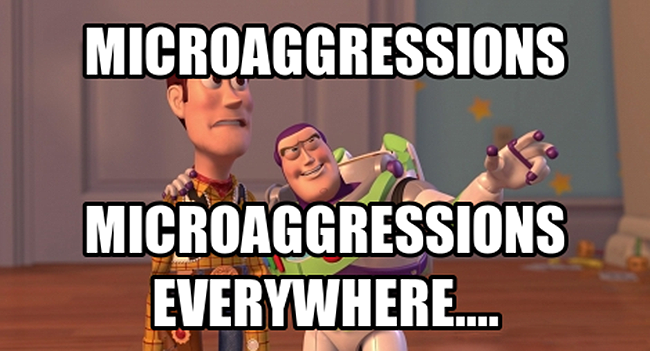Kerby Anderson
Yesterday I talked about the book, The Coddling of the American Mind written by Jonathan Haidt. He and his co-author set forth three foundational untruths. One of those is the “Untruth of Emotional Reasoning: Always Trust Your Feelings.”
You can get yourself in some difficult circumstances quickly if you always trust your emotions. It is easy in this world to get frustrated, discouraged, and even depressed. Psychologists have found that certain patients got themselves caught in a feedback loop in which irrational negative beliefs cause powerful negative feelings. We are seeing that on college campuses today.
In a college classroom, students are apt to make some sweeping generalizations and engage in simplistic labeling of the lecture or reading material. In that case, we would hope that a professor would move the discussion by asking questions or even challenging the assertion.
Instead, many professors and colleges go along with the student comments. In fact, many even argue that any perceived slight adds up to what today are called “microaggressions.” In many cases, slights may be unintentional and actually wholly formed from the listener’s interpretation.
It is an easy step from not allowing certain topics to be discussed to not allowing speakers on campus who might present a perspective that aggrieved students believe should not be discussed. In the book is a chart illustrating how many speakers have been disinvited from universities. Five years ago, the line jumps significantly.
In previous commentaries, I have documented what has been happening on campuses like Middlebury College, Evergreen College, and the University of California at Berkeley. When emotions and emotional reasoning become the only way to judge ideas and speakers, you end up with the closed campuses of today.
 Listen Online
Listen Online Watch Online
Watch Online Find a Station in Your Area
Find a Station in Your Area











 Listen Now
Listen Now Watch Online
Watch Online
